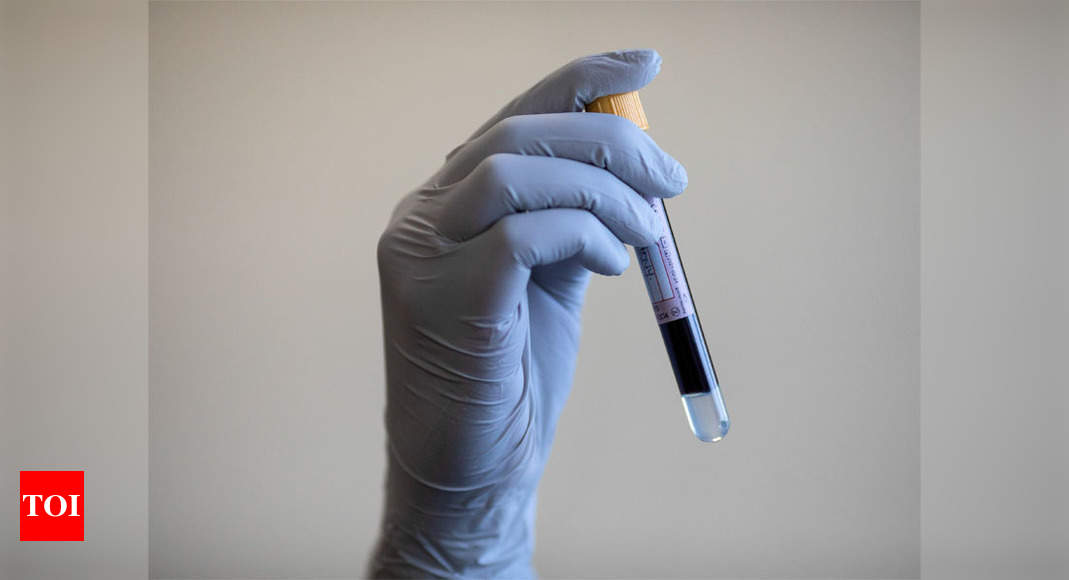
NEW YORK: It begins with a mild fever and malaise, followed by a painful cough and shortness of breath. The infection prospers in crowds, spreading to people in close reach. Containing an outbreak requires contact tracing, as well as isolation and treatment of the sick for weeks or months.
This insidious disease has touched every part of the globe. It is tuberculosis, the biggest infectious-disease killer worldwide, claiming 1.5 million lives each year.
Until this year, TB and its deadly allies, HIV and malaria, were on the run. The toll from each disease over the previous decade was at its nadir in 2018, the last year for which data are available.
Yet now, as the coronavirus pandemic spreads around the world, consuming global health resources, these perennially neglected adversaries are making a comeback.
“Covid-19 risks derailing all our efforts and taking us back to where we were 20 years ago,” said Dr Pedro L. Alonso, the director of the World Health Organization’s global malaria program.
It’s not just that the coronavirus has diverted scientific attention from TB, HIV and malaria. The lockdowns, particularly across parts of Africa, Asia and Latin America, have raised insurmountable barriers to patients who must travel to obtain diagnoses or drugs, according to interviews with more than two dozen public health officials, doctors and patients worldwide.
Fear of the coronavirus and the shuttering of clinics have kept away many patients struggling with HIV, TB and malaria, while restrictions on air and sea travel have severely limited delivery of medications to the hardest-hit regions.
About 80% of tuberculosis, HIV and malaria programs worldwide have reported disruptions in services, and 1 in 4 people living with HIV have reported problems with gaining access to medications, according to U.N. AIDS. Interruptions or delays in treatment may lead to drug resistance, already a formidable problem in many countries.
In India, home to about 27% of the world’s TB cases, diagnoses have dropped by nearly 75% since the pandemic began. In Russia, HIV clinics have been repurposed for coronavirus testing.
Malaria season has begun in West Africa, which has 90% of malaria deaths in the world, but the no

